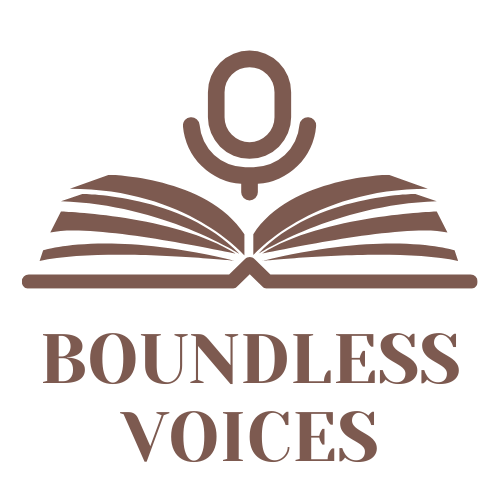Show Review: The Summer I Turned Pretty + Thoughts on Casual Representation
The Summer I Turned Pretty was the first in a trilogy of books by Jenny Han that has recently been adapted for a TV show.
I won't talk too much about the actual books—suffice it to say I was frustrated with a lot of the characters most of the time but I still finished all three books very quickly. For a title like "The Summer I Turned Pretty" there wasn't nearly enough self-awareness or growth in the main character Belly's arc.
I think the first book was the best out of the three—Belly is by far the most annoying in book two and the concept of book three felt very forced and unbelievable (Belly prepares to marry her boyfriend while in her freshman year of college much to her mother’s disapproval, and while still having hidden feelings for her boyfriend’s older brother).
I started reading the books really only to watch the series with my sister, and without even finishing the series yet, I think this might be one of those few times when the show/movie is better than the source material.
This is, of course, despite the weird things they added/changed—the classism of a debutante ball, the very obvious Jenny Han self-insert in the mother character who, as an Asian American author talks point blank about how her books might've done better if they had displayed the "Asian American experience." That comment felt a little too on the nose for me, considering that the show changed the race of Belly to be half-Korean instead of fully white as in the source material. A part of me feels like this was to profit off of the “Asian American representation” that won To All the Boys I’ve Loved Before” so much attention, but that’s just my theory.
It is interesting to note this change in character identity compared to Jeremiah, one of Belly’s love interests, who is an unfortunate case of queer baiting—he gets one scene to kiss a boy, which is ironically in response to someone calling him a “gay-baiter.” Jeremiah defends himself, saying something along the lines of “I just take my opportunities,” which, along with the kiss, is supposed to assuage the queer baiting. This is despite the fact that the boy he kisses has that singular scene and never shows up again and no one talks about Jeremiah being bisexual or pansexual or anything else ever again.
I think that in general, Jenny Han seems to have an interesting time when writing race—her only book with an Asian main character is To All The Boys I’ve Loved Before, and even then Laura Jean is only half Korean and her Korean mother is dead (something we talk about in Episode 1 of the podcast). There are also some weird moments in her books where race is described strangely. In one of the TSITP books, Belly narrates, “She looked East Asian, like she might be Indian.”
I know Jenny Han has talked about simply wanting to write a book inspired by k-dramas written for Asian American girls (in reference to To All The Boys), however, her writing constantly has me questioning what sort of representation is needed right now. I think casual representation for sake of escapism is fine, but I also find myself wanting more of a discussion around these topics. It’s not enough for me to listen to Laurel (Belly’s mom) complain about the expectation placed upon her as an Asian woman that she will write about Asian American stories. I want to know more about why she actively chooses not to (as it is implied), and what she thinks the benefits are of that. Or, should we not place these expectations on authors and just let them write what they want?
I think it’s fair to say that POC writers have a responsibility to their readers, as they at least have the ability to create more diverse representation—but of course, not all writers want to write about minority issues. It’s unfortunate, but it is a responsibility that exists. I remember being in 5th grade reading Shug by Jenny Han, never realizing that it was written by an Asian American woman. I also remember reading books and defaulting to imagining white protagonists. In all of our creative writing units, I always wrote main characters who were white.
I can see how it might just be a matter of book preference—I always side towards discussion-heavy books rather than casual escapism when it comes to the topic of race (not that one is any more important than the other)—but I also wonder how my own identity might’ve been shaped differently if I’d grown up with characters who looked like me and faced the same problems as me.
Resources:
The Summer I Turned Pretty, the books
The Summer I Turned Pretty, the show
To All the Boys I’ve Loved Before
Follow us on Instagram @boundless.voices for more book reviews and recommendations!
